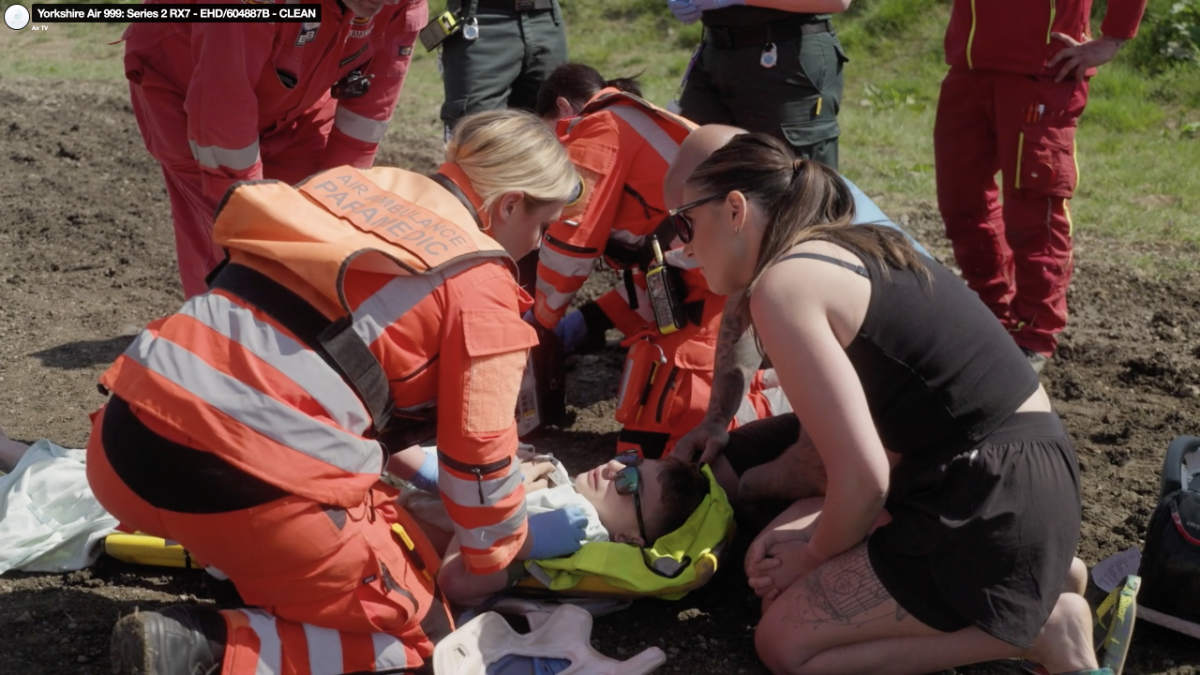Harrogate and Knaresborough MP, Andrew Jones, is set to vote to remain in the European Union (EU) in the referendum on 23 June.
In a statement Mr Jones said:
The Prime Minister has concluded his negotiations with his European Union counterparts and fired the starting pistol on the referendum campaign. That campaign will determine whether we remain in the EU or leave. It is a fundamental decision. It will determine how our economy develops and our ability to keep safe in an uncertain world.
Many friends and colleagues have taken opposing views and across all political parties, probably across many, many dinner tables, the debate about our future will now take place. That debate, I hope, will be one of respect for different views and a debate that acknowledges for many, the decision will be a difficult one. A referendum should allow us the space to have a mature debate around the facts and the interpretation of those facts.
We can almost all agree about the starting point – our relationship with the EU is crying out for reform.
I remember the European Exchange Rate Mechanism that sought to lock us into a one-size-fits-all economic construct; a failure. I campaigned to keep the Pound fearing that adopting the single currency would be a disaster for us; a uniform approach to interest rates has been proven not to work.
The renegotiation has secured two important victories in these areas: the United Kingdom is exempt from the treaty provisions of ‘ever closer union’ and our economic competitiveness is protected from the vagaries of the Eurozone.
If the European Union is about anything for me it is about free trade and economic activity. It is not about a contrived political construct or the grandiose ambitions of unelected officials. These concessions mean that we can be part of that which we joined in 1972 – a European free trade area. If the other members feel they wish to continue moving toward a political union then they can do so without us. This is a positive step forward.
If we left, after years of striving to establish the free market – a process begun by Margaret Thatcher – how much would we have to pay for entry into that free market? How many businesses and jobs might that affect? What would be the effect of our financial services industry?
Everyone can guess. No one knows.
In my judgment, the economic and political concessions the Prime Minister has won are, in themselves, a good enough reason to conclude that jobs, businesses and economic prosperity are better served by our remaining in the European Union on the new terms. They give us some certainty in what is an increasingly volatile and uncertain global economic picture.
It is my intention, therefore, to vote ‘Remain’ in the referendum on 23 June 2016.








